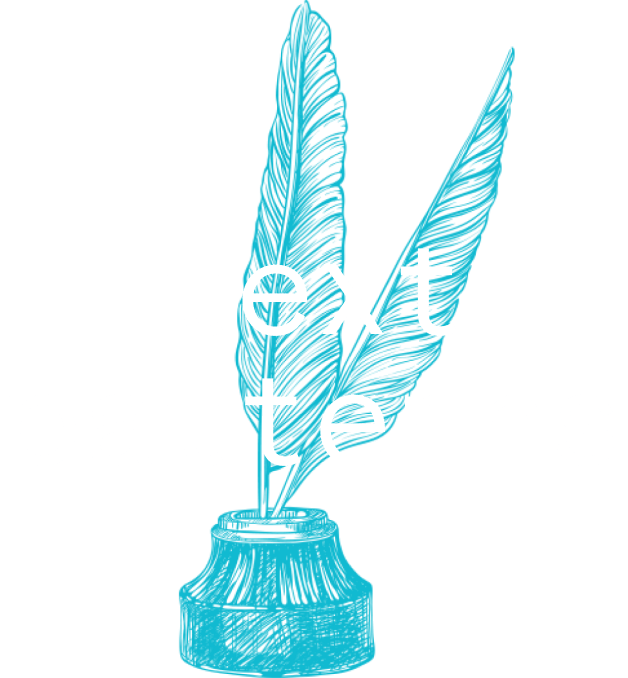April 20, 2009
Hashmobs
Nicholas Carr: Hashmobs [transfer] the flashmob concept into a purely realtime environment. A hashmob is a virtual mob that exists entirely within the Twitter realtime stream. It derives its name not from any kind of illicit pipeweed but from the "hashtags" that are commonly used to categorize tweets. Hashtags take the form of...
